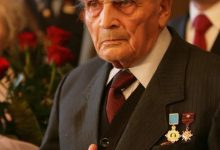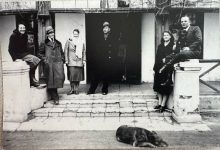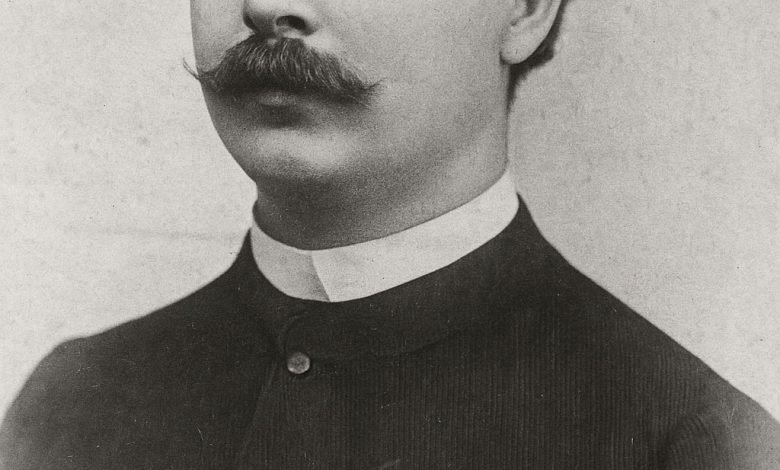
SINGER OF WORLD FAME
Oleksandr Myshuga was a world-famous singer. He was a talented pedagogue who trained dozens of outstanding vocalists. He was a great citizen-patriot who devoted all his resources to the development of Ukrainian culture.
Among the distinguished actors of the late 19th and early 20th centuries, alongside the names of prominent international performers, stands the name of the great Ukrainian singer Oleksandr Myshuga. His life story unfolded against the backdrop of profound social upheavals in Galicia. His devotion and self-sacrifice to classical vocal music and his extraordinary natural talent elevated him to the constellation of the world’s most outstanding voices, such as Enrico Caruso, Ruffo Titta, Feodor Chaliapin, and Solomiya Krushelnytska.
Oleksandr Myshuga performed on all the major opera stages of Europe, in the most national roles of the world opera repertoire, and wherever fate took him, he always promoted and popularized Ukrainian folk songs, works by Mykola Lysenko, Anatol Vakhnianyn and other Ukrainian composers. He performed with great love the musical works of our local composer Viktor Matloka — a native of the village of Tudorkovychi.
He was a patriot in the best sense of the word, a convinced and consistent democrat. Today the time has come to honor the outstanding people of our nation, for they are our glory, our pride. Who was he, this singer of beauty and goodness? What path did he take to reach the highest peaks of world-class artistry? How did he manage to connect those terrible times of poverty, that backwardness that tore apart the poor hut of a serf’s nail and the best opera theaters of European capitals?
Oleksandr Myshuga was born on June 7 (20), 1853 in the town of Vitkiv in Radekhiv district, in the family of a poor shoemaker. At 13 years old, he studied at the Radekhiv bursa, became the first soloist in the church choir, at the Starosambirsk cathedral, entered the gymnasium and Teacher’s Seminary and successfully graduated, working as an elementary school teacher at St. Anna’s in Lviv.
He began studying singing while still a teacher at the seminary under the renowned professor, Lviv native Valeriy Vysotsky. From his class, besides O. Myshuga, came celebrated singers Solomiya Krushelnytska, Adam Didur, and Mykola Lenivsky. After graduating from the Lviv Conservatory, O. Myshuga went to continue his education in Italy, graduating from the Milan Conservatory. He tested his abilities on the Italian stage, and his debut was successful.
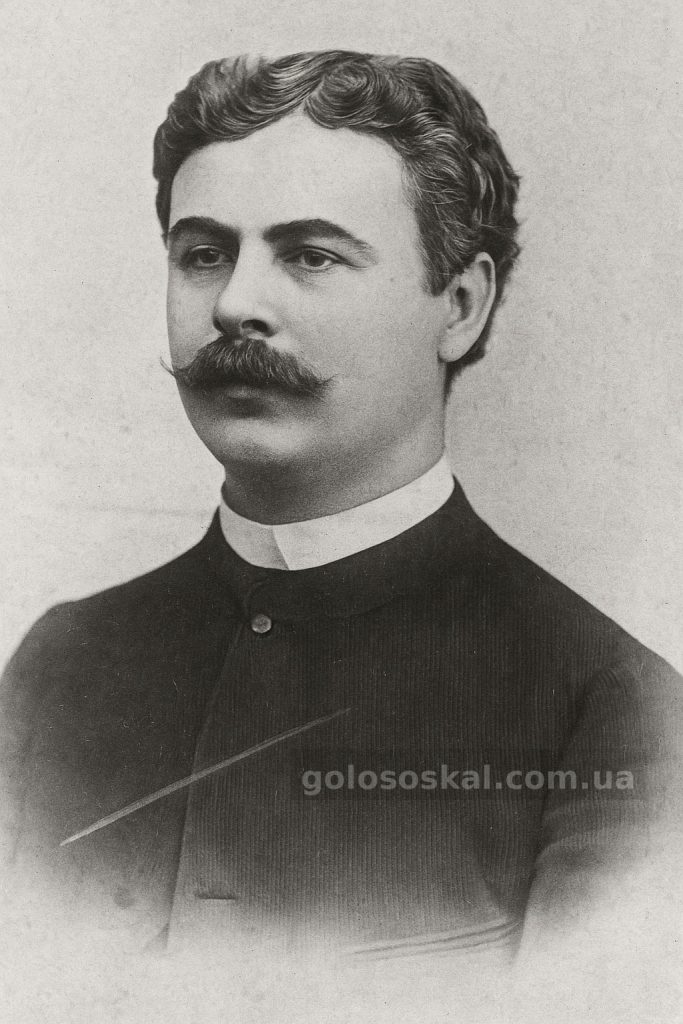
The doors of Europe’s finest theaters opened before him — Milan, Turin, Florence, Vienna, and Prague. In 1883, Myshuga returned to Lviv, performing successfully at the Skarbek Theater. Later, in 1888 — in Warsaw. There he created those unforgettable characters that remained effective for many years. Notably, two roles have never known an equal performer on the Polish stage. Stanisław Moniuszko’s opera “Halka” was one of his favorites.
His life was complex and tragic. An endless odyssey of creative activity. Later he fell in love with the talented Polish actress Maria Wisnowska. The romance later turned into a political demonstration, the cause of which was her tragic death from a bullet fired by cornet Bartenev of the tsarist gendarmerie. This event became the basis for a novella by Russian writer Ivan Bunin. O. Kuprin, L. Belmont and others wrote about it. Neither in the materials of the court proceedings nor in numerous articles of the contemporary press were the motives of this murder ever fully clarified.
The murder of M. Wisnowska shocked O. Myshuga. Six months later, a trial began, and the singer was called as a witness. He knew how unjustly the investigation was conducted, how tsarist officials tried to cover up the murder.
BEFORE THE COURT
O. Myshuga refused to give testimony in Russian, expressing his protest against injustice, against political and national oppression. The Warsaw Governor-General interpreted this as a political demonstration against the national policy of the tsarist government and sought various ways to deal with the artist for such “freethinking.” Myshuga was forced to leave Warsaw. He subsequently did not associate himself with any particular theater, performing as a guest artist.
The life and creative activity of Oleksandr Myshuga took place among the world’s most outstanding people. Strong friendship connected him with the best representatives of Ukrainian culture: Ivan Franko, Mykola Lysenko, Lesya Ukrainka and the Kosach family, Mykola Sadovsky, Mykhailo Starytsky, Mykhailo Kotsiubynsky, Ivan Karpenko-Kary, Maria Zankovetska, Vasyl Stefanyk, Natalia Kobrynska, Volodymyr Hnatyuk and others.
IN THE HISTORY of Ukrainian concert performance, O. Myshuga occupies an honorable place. He always participated in all national celebrations of the Ukrainian people. He considered this a sacred duty. As an artist-patriot and citizen, he performed at concerts dedicated to the memory of Taras Shevchenko in Lviv, Ivan Kotliarevsky, Markian Shashkevych, at the 100th anniversary of the publication of “Eneida.” He protested against the tsarist government’s ban on celebrating this glorious jubilee in Dnieper Ukraine. To serve his people with his art, the high ideals of progress — this is what he saw as the artist’s fundamental calling. Refusing foreign tours, paying large fines for breach of contract, at Mykola Lysenko’s invitation he went to Kyiv, teaching solo singing at his music-drama school, developing Ukraine’s national vocal art. Appreciating O. Myshuga’s high singing and pedagogical talent, Mykola Lysenko specifically invited him to Kyiv for this responsible position. He worked there for 6 years. Unfortunately, the singer could not remain in Kyiv thereafter. The main reason was the persecution of Myshuga by reactionary great-power chauvinists who slandered him as a pedagogue and as a person.
A special case was opened against him in connection with the Kyiv Governor-General, denunciations poured in, the reactionary press wrote feuilletons demanding he sing only in Russian. While living and working in Kyiv, O. Myshuga visited Kaniv. In the visitors’ book at the Kobzar’s site on May 2, 1906, he left this entry: “Happy that I was at Taras’s grave. It gave me the opportunity to love my native language, my dear people, my Ukraine.” Artist-singer O. Myshuga.
Wherever Oleksandr Myshuga could popularize Ukrainian folk songs, he performed works by Taras Shevchenko, loved to sing songs from both sides of the Dnipro. He was a great patriot-citizen. He donated a significant portion of his fees to the development of national culture. His help to the M. Lysenko Music Institute in Lviv was invaluable. The best students received scholarships in his name. The singer provided material assistance to the T. Shevchenko Scientific Society. Thanks to his donations, orphans and poor peasant children studied at the Lviv craft-industrial bursa. As a friend and like-minded person of Franko, O. Myshuga helped the poet publish his poetry collection “Withered Leaves.” The first volume of the book “Ukrainian Art” was also published. With Myshuga’s full support, Mykola Sadovsky expanded the activities of his theater. His funds built a church in his native village of Vitkiv. He materially helped the fire victims of Polove and Vitkiv. Writer Bohdan Lepky noted in his memoirs about the unforgettable singer, “…who not only glorified our national name in the world, but gave our entire generation so many high artistic impressions and experiences, so many impulses toward beauty and goodness, awakened in their hearts and elevated them and ennobled them morally, that this deed, this merit of his is most valuable to us above all.”
In late June 1914, a great gathering of Galician societies Sokil, Sich, and Plast took place in Lviv in honor of the 100th anniversary of T.H. Shevchenko’s birth. On the occasion of this celebration, a great concert was held, in which the best artists and singers participated, including Oleksandr Myshuga and Modest Mentsinsky. The money earned from the concert was given to strengthen sports societies, from which the Ukrainian formation — the Sich Riflemen — later emerged. This was his last performance in his native land. On the advice of his friends, in 1914 he went to Italy for treatment, where he ran a singing school. Very little is known about his activities in Italy, meetings with Solomiya Krushelnytska during 1914—1919, because during this period was the First World War. In 1919, Myshuga moved to Sweden, to the suburbs of Stockholm, corresponding with his friend Ivan Nimchuk, to whom he wrote: “I have hope that even in our dark present window a bright sun will shine… Honor and Glory to you! To the dear workers of our native Mother-Ukraine… Our Mother, like our song, will not die, will not perish, we will spread the glory of Ukraine among people.” His words are relevant even today. Thus, even abroad, O. Myshuga was interested in the political events of Galicia and continued to help. The events that unfolded in 1920 and 1922 did not allow him to return home. His health significantly deteriorated. Myshuga went to the resort town of Freiburg, Germany, to restore his health. But it was too late.
On March 9, 1922, Oleksandr Myshuga died.
Two days before, he bequeathed that all his property be transferred to the M. Lysenko Institute in Lviv, and his body buried in his native Vitkiv. In September of that year, his ashes were transported to Lviv while the tomb in the village was being completed; the coffin was kept for several days in the Savchak family tomb at Lychakiv Cemetery. On September 29, 1922, the Lviv community transported O. Myshuga’s remains to Vitkiv. At the Pidzamche railway station, a requiem was served, after which he was sent by train to Lviv. On the third day, a Divine Liturgy was held in the same church that had been built with his donations. Thousands accompanied Myshuga on his final journey in a procession with three choirs. Flowers paved his way during his triumphs on stage, and flowers covered his coffin. In honor of the glorious singer, a museum-room of O. Myshuga operates at the “Prosvita” community center in his native village. There are several valuable items, such as a piano, literature, concert invitations; opposite the community center stands a bust of Oleksandr Myshuga, created by Lviv sculptor Vasyl Odrekhivsky.
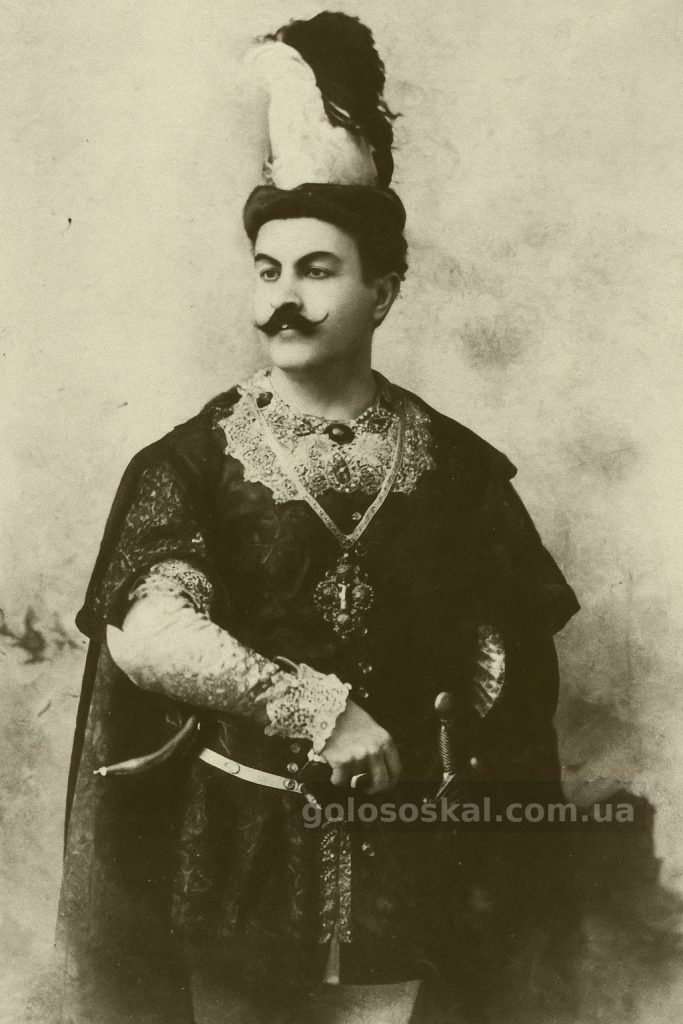
світлина з газети, адаптована
Our reader will likely note that in Sokal, one of the streets bears the name of Oleksandr Myshuga. The younger generation and even the older one know little about him.
The first book of memoirs about the singer was published in Lviv only in 1938, which became a bibliographic rarity, and the second, “The Glorious Singer,” was published by “Kameniar” publishing house in 1964 with a meager print run and did not reach a wide readership. The third book of memoirs about Oleksandr Myshuga was compiled by Mykola Holovashchenko. It was published in 1971 again with a meager print run — less than nine thousand copies. About Myshuga and other artists, there are no thorough monographs or studies, as there are about other singers. A significant part of Myshuga’s museum exhibits in Lviv disappeared for unknown reasons, and only a few were transferred to the local museum. The question arises: where did the researcher Mykola Holovashchenko get his materials? Reviewing the memoirs of Luka Myshuga, he noted that materials, documents, and photographs were taken to the USA by a nephew. Part of the most valuable relics was preserved by Polish singer Telenna Bzhostovska, which were lost after World War II in the city of Postavy in Belarus. Therefore, the museum-room is poor in exhibits. The period of Ukraine’s national revival has come, and we must preserve and multiply our historical national treasures for future generations.
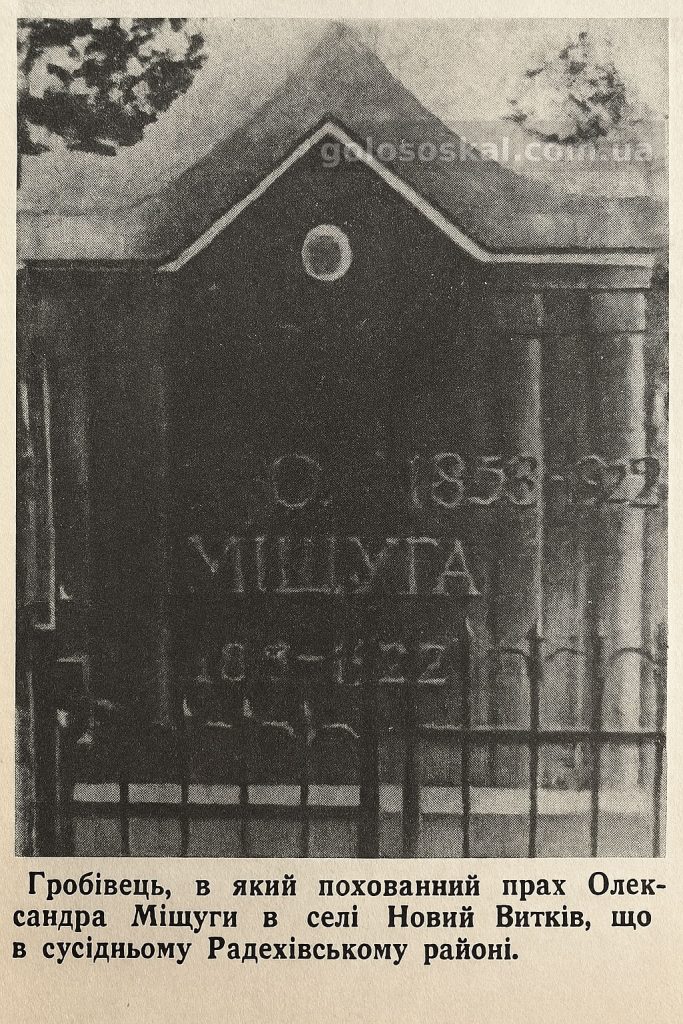
Vasyl Voloshyn, Member of the T. Shevchenko Ukrainian Language Society “Prosvita”
Holos z-nad Buhu (Voice from the Bug River), June 8, 1991. Text adapted, photographs – Holos Sokalshchyny publication


